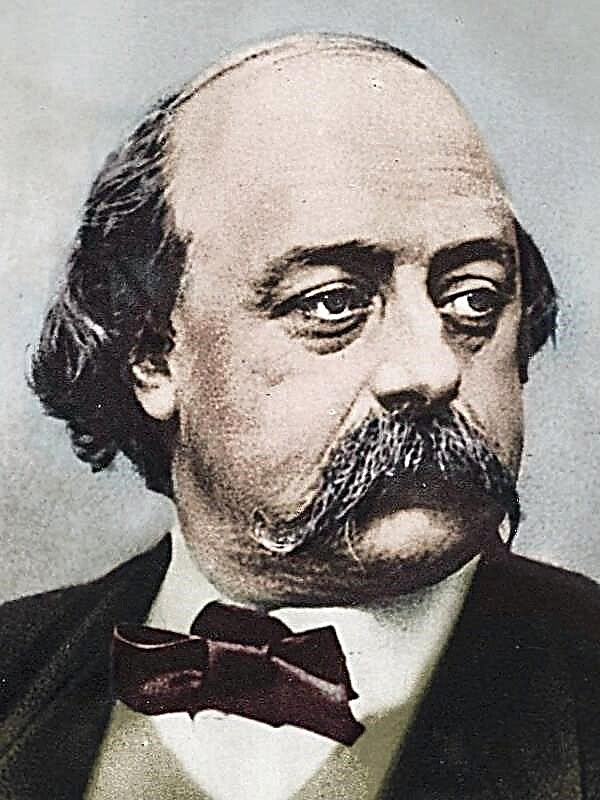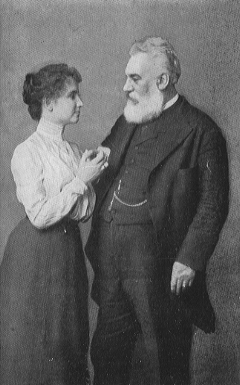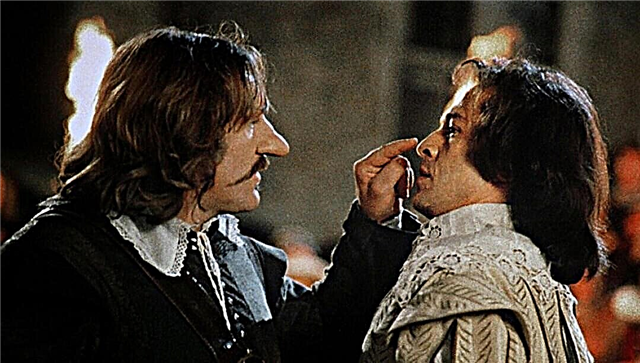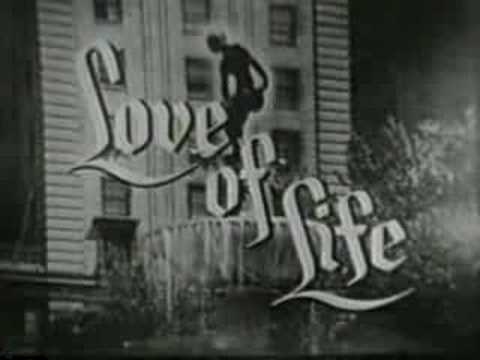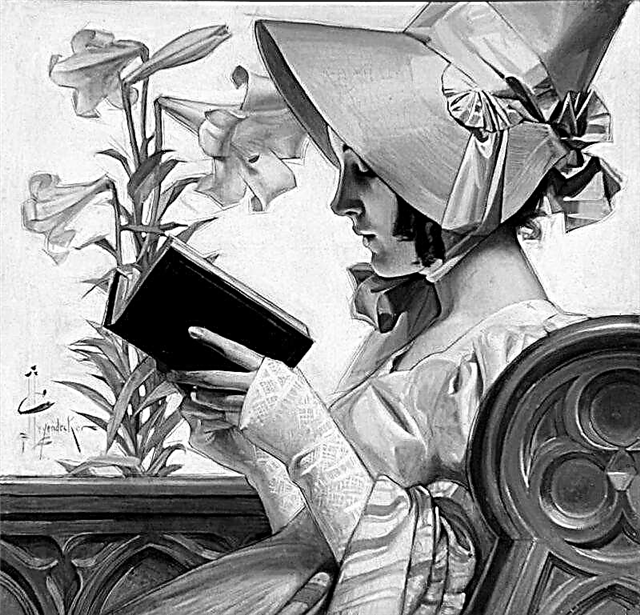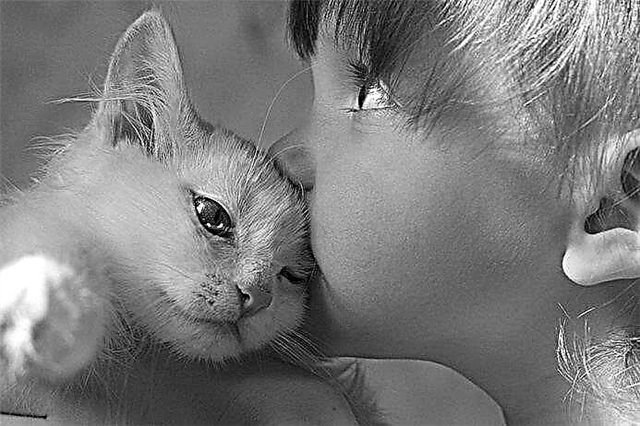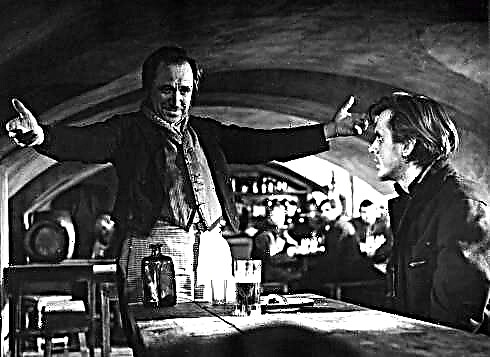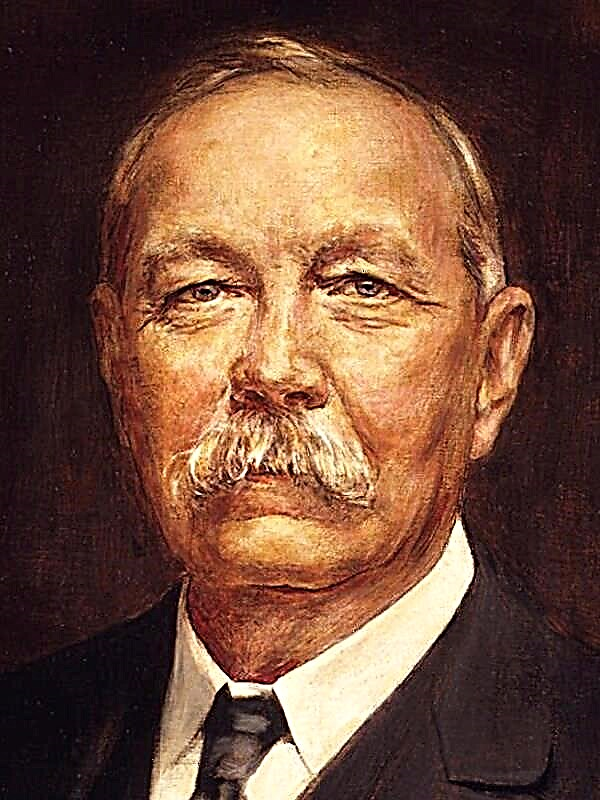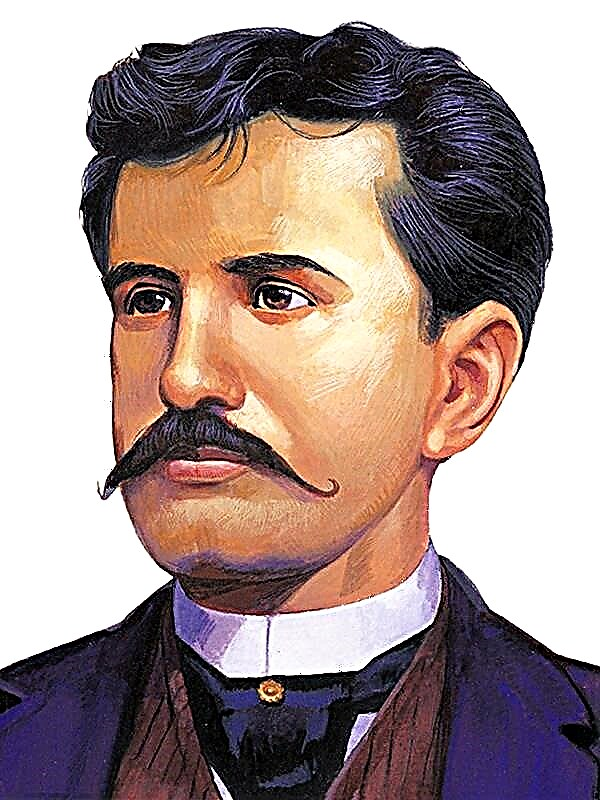(303 words) Roman Fyodor Mikhailovich Dostoevsky “Crime and Punishment” is a work that reveals in all its subtleties the soul of a person with her experiences and joys. Using the example of the main character, Rodion Raskolnikov, we observe the behavior of a murderer who realized the severity of the crime he committed. The author, like a true psychologist, describes the feelings of a young man: fear for what has been done, confusion, compassion. But conscience becomes the main spiritual component of Rodion, and it is under its influence that Raskolnikov manages to find the right path and get out of a difficult situation.
The author divided the novel into two main parts: the crime of the protagonist and punishment. We can safely assume that the payment for the murder for Rodion was not hard labor, but remorse, which turned out to be more painful for the character than physical tests.
It is conscience that awakens the mind of Raskolnikov, who was lulled by the theory of "lower and higher people." The odious thoughts of the main character did not allow him to soberly assess the situation, so the awareness of what happened doubled the emotional state of Rodion. He could not keep all the truth in himself, but he was afraid to confess what he had done. A tormenting heart drove the hero crazy, it seemed to him that everyone around him knew about the crime, and it makes no sense to hide it. Only Sonya Marmeladova, who, despite her vicious profession, had a perfect pure soul, with her advice helped Raskolnikov to confess and purify himself before God. But Raskolnikov himself did not always pass by someone else's grief. The story of a drunken girl walking past the Neva proves that the character’s soul is still alive and his conscience requires justice. Rodion was not able to leave the young girl, because he felt responsible for her. He followed the actions of the stranger, and when a gentleman who looked like Svidrigailov began to pester her, the main character interceded for her. Only then, leaving this place and the girl, Raskolnikov again plunges into thoughts of a crime, and he regrets the help provided to a drunken stranger.
Thus, we can say that the conscience in the novel is another character who affects the actions of the characters and builds the overall course of the plot.

